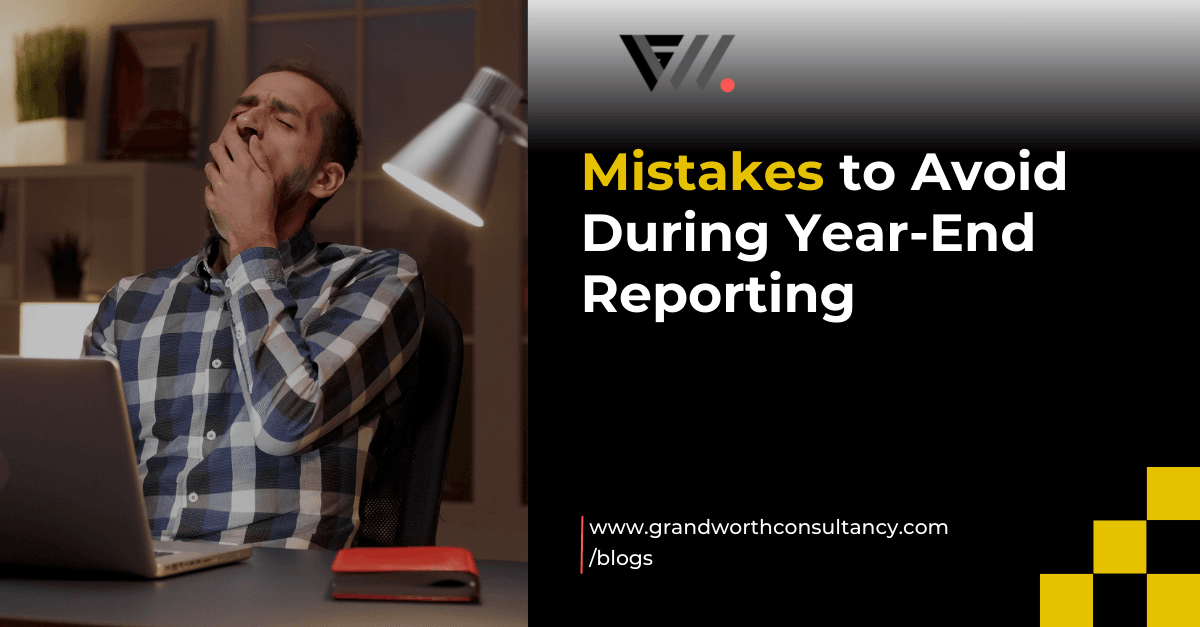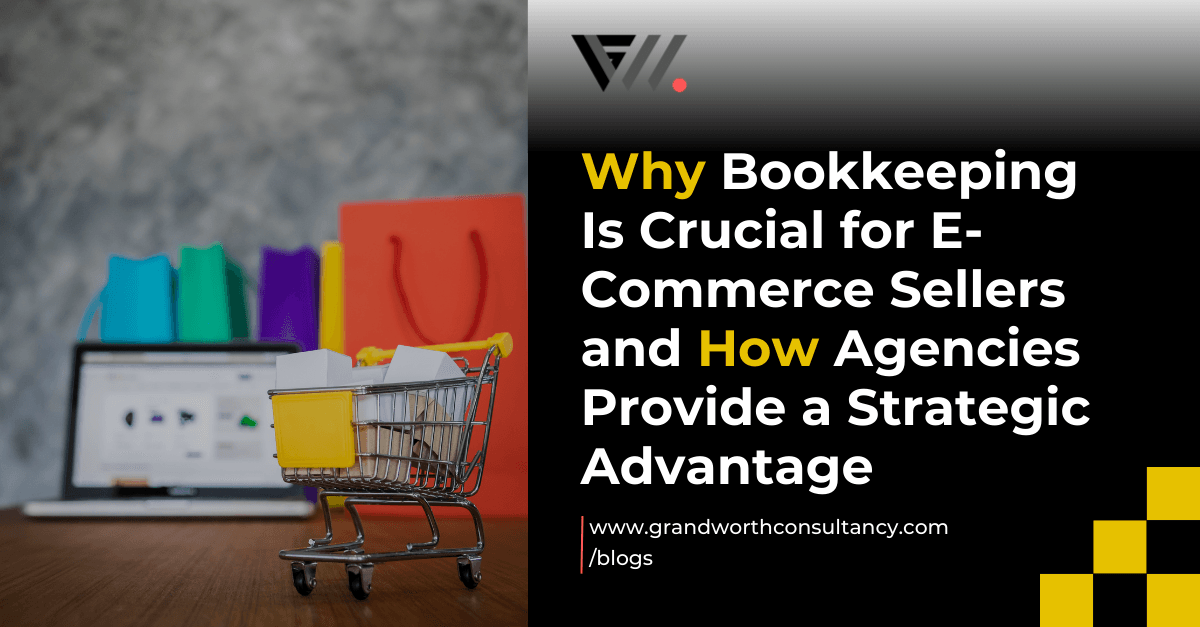Whether you’re hiring a bookkeeper for the first time or replacing an existing one, it’s crucial to follow a structured approach before and during the hiring process. To achieve cost-efficiency and flexibility, hiring a remote bookkeeper is often the best option.
To ensure you make the right decision, follow these key steps and considerations.
Step-by-Step Process for Hiring a Remote Bookkeeper
1. Define Your Business Requirements
Before starting the hiring process, clearly define your job description. Typical bookkeeping services include:
- Maintaining charts of accounts and ledgers
- Bank reconciliation
- Cash flow management
- Financial analysis
- Reporting
Outline the specific tasks you need, along with the expected working hours and duration of the engagement.
2. Verify Educational Qualifications
A basic requirement for a bookkeeper is a Commerce degree. Bookkeeping is an entry-level accounting role, so meeting this qualification is usually not an issue.
3. Assess Experience in Bookkeeping
Experience adds value. Hiring a bookkeeper with prior experience ensures greater accuracy and efficiency. If you hire from a certified accounting firm, you’ll often find bookkeepers with robust experience and specialized expertise.
4. Technical Skills and Software Proficiency
Your bookkeeper should be proficient with bookkeeping software such as QuickBooks, Xero, or Tally. They should also be adaptable to new software if your business needs change.
Having someone who can quickly learn and transition between different platforms can save you time and hassle down the road.
5. Evaluate Communication Skills
Strong communication skills ensure seamless collaboration. A competent remote bookkeeper should be able to:
- Work effectively with your team
- Build healthy professional relationships
- Present financial data clearly
- Ask insightful questions to understand your business needs
Remember, good communication helps avoid misunderstandings and ensures smoother workflows.
6. Assess Their Attitude
During interviews, gauge the bookkeeper’s attitude and passion for their work. Look for signs of:
- Dedication and ambition
- Interest in your business’s growth
- A proactive mindset
A bookkeeper who takes pride in their work and genuinely cares about helping your business thrive will deliver better results.
7. Measure Efficiency
Efficiency is key to effective bookkeeping. Look for bookkeepers who exhibit:
- Strong organizational skills
- Ability to set and achieve weekly, monthly, and yearly targets
- A balance of hard work and smart work
Ask them how they prioritize tasks and meet deadlines to get a sense of their workflow.
8. Consider Flexibility
Flexibility in a remote bookkeeper is essential. They should be:
- Willing to communicate via calls, texts, or emails
- Adaptable to changes in workload or business conditions
- Available during your preferred working hours
The more adaptable they are, the easier it will be to integrate them into your business operations.
9. Verify Trustworthiness
Trust is paramount when dealing with sensitive financial data. Your bookkeeper will handle confidential information, such as:
- Costs, revenues, and profits
- Assets and liabilities
- Inventories and capital
Hiring someone you trust is crucial. Check references, reviews, and, if possible, conduct a background check.
10. Determine Your Budget
Establish a budget by considering:
- Your financial position
- The bookkeeper’s experience and qualifications
- The job scope and complexity
- Market rates for individuals vs. firms
Factor in the long-term value of quality bookkeeping, which can save you money by avoiding costly errors and inefficiencies.
Making the Right Choice
Choosing the right remote bookkeeper is a significant decision for your business. By following these steps, you can ensure you hire someone who meets your needs, fits your budget, and supports your growth. Take your time, do your research, and prioritize trust and compatibility.
A reliable bookkeeper can be an invaluable asset—helping you stay organized, compliant, and financially healthy.








